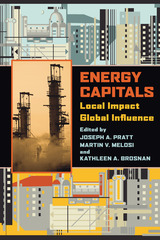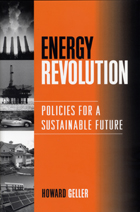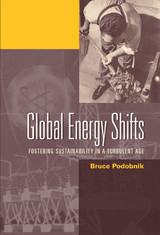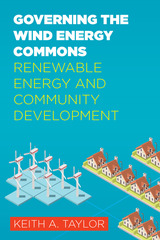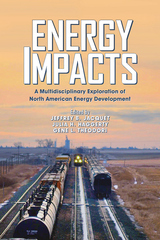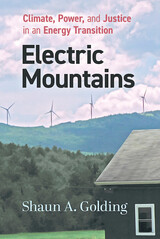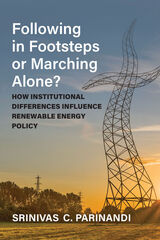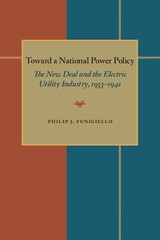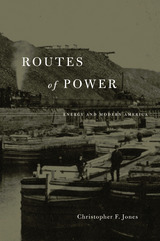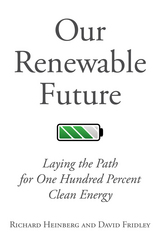Cloth: 978-0-674-32680-4
Library of Congress Classification HD9502.J32H45 1990
Dewey Decimal Classification 338.20951
Fueling Growth examines post-World War II economic development in Japan through the prism of the energy sector. Energy, always a key problem for Japan, is an appropriate angle from which to view the changing economy and the development of economic policy during the Occupation years and after.
Between 1945 and 1960, Japan moved from a primary reliance on domestic coal and hydroelectricity to a dependence on imported oil. The debates over energy very quickly became debates over the viability and direction of the nation's entire economic strategy. Not surprisingly, given the high stakes involved, consensus on plans for economic growth was not attained automatically. Rancorous arguments, uncertainty, and ambivalence about development strategies were the precursors to the eventual forging of a workable policy. Hein describes in detail both the events in this process and the players: government officials, businessmen, labor unionists, and another, often under-emphasized contributor to Japanese postwar economic policy—the United States government, which set the parameters within which the Japanese could operate.
See other books on: 1945-1989 | Economic policy | Energy policy | Energy Revolution | Postwar Japan
See other titles from Harvard University Press






